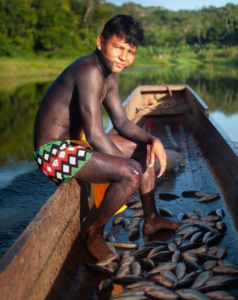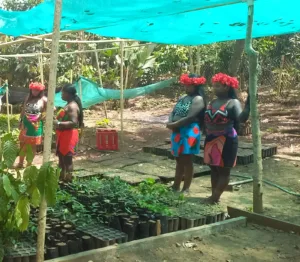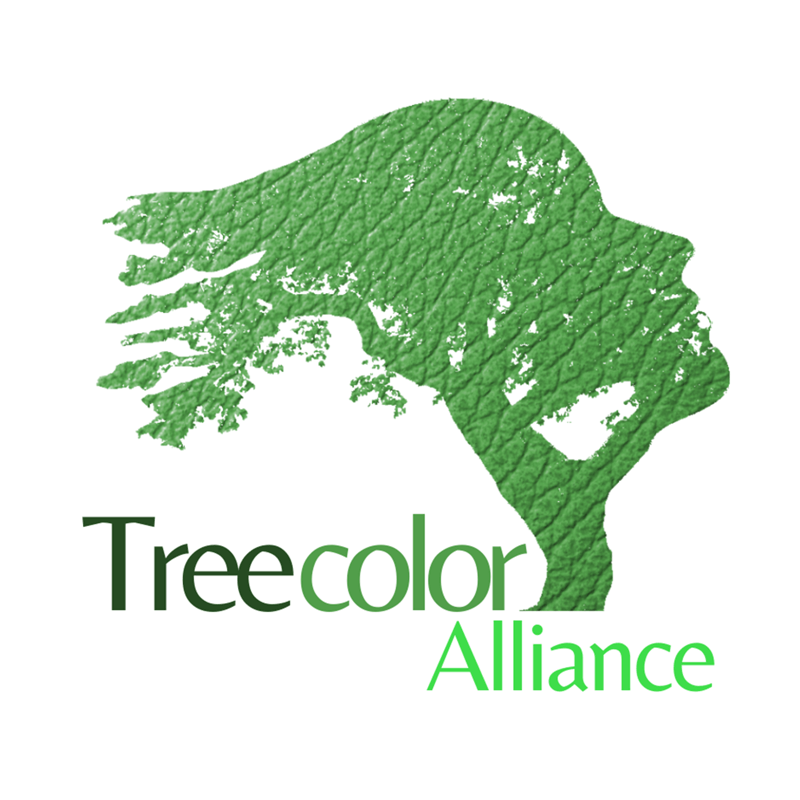This is a question whose answer is obvious to us, but not so clear to many – far from it.
But let’s start at the beginning.
Who are the indigenous peoples?
Indigenous peoples, also known as native peoples, share a historical continuity with a given territory before colonisation took place. They maintain a deep connection with their lands and have kept, at least in part, distinct social, economic, and political systems. They possess unique languages, cultures, beliefs, and systems of knowledge.
They represent 6.2% of the world population.
Source: www.un.org/fr/fight-racism/vulnerable-groups/indigenous-peoples.
A close relationship with “Mother Earth”
These peoples have always maintained close ties with the forests, animals, and nature around them. For them, nature is a fundamental source of ritual and cultural inspiration, as well as raw materials and food.
They view nature as a whole to which they belong. They worship and respect it, not placing themselves above it as a superior and dominant species, but as dependant allies. They have long known that its resources are precious and limited.
Naturally, they have been genuine defenders of our planet for generations. So it is also natural that we now support them in this mission!
For them, the earth even has its own soul, and many speak of “Mother Earth” that shelters and nourishes us.
Communities frequently discriminated against…
Despite the richness of their culture, these people are often marginalised and discriminated against, even in their own countries. Inequalities are glaring in terms of poverty and recognition of their rights. For example, in Panama, indigenous comarcas are among the poorest regions of the country.
A forest protection project therefore makes perfect sense with these people who have already proven their ability to live in harmony with nature. Moreover, it contributes to combating the poverty and inequalities they face.
At a time when unsustainable human activities exert enormous pressure on our planet, we have much to learn from their ancestral cultures and worldview, which is also a vision of our origins and respect for every form of life.
Projects that bring hope…
Our projects with indigenous people in Panama or Ecuador are hopeful and comprehensive because they address not only their beliefs and the environmental and social needs of their territories, but also their economic needs. The issue of their rights, particularly concerning land ownership, is also at the heart of our concerns.
Discrimination reflecting our misunderstanding of their culture
It is undeniable that indigenous peoples receive very little help in their struggle to protect biodiversity, both in their own countries and globally. So what are we doing here in Europe?
Our lack of support reflects our misunderstanding of their culture, which is primarily based on oral tradition and human relationships, while our institutions favor writing and distance. How can they access public subsidies and private funds that could boost their economy and guarantee the protection of their forests? By operating in this way, we are discriminating against them in turn!
They will never fill out long application forms, conduct prospecting campaigns, but on the ground, they will be there, motivated and effective in protecting species, nature, and humanity as a whole because they already understand the challenges facing the climate crisis.
Sustainable projects
Our reforestation and conservation projects draw on their ancestral knowledge and are implemented with local teams. They are led by them and for them, in a spirit of fruitful collaboration.
Our reality is challenging but rich: our projects are more expensive because they are implemented in remote regions where resources are often lacking and sometimes cut off from the world by power outages that can last for several days. Not to mention governmental refusal to recognize their right to property, to recognize them as indigenous peoples, or to officially demarcate the territories they inhabit.
Yet, their work, commitment, and daily dedication remind us that we have made the right choice!



